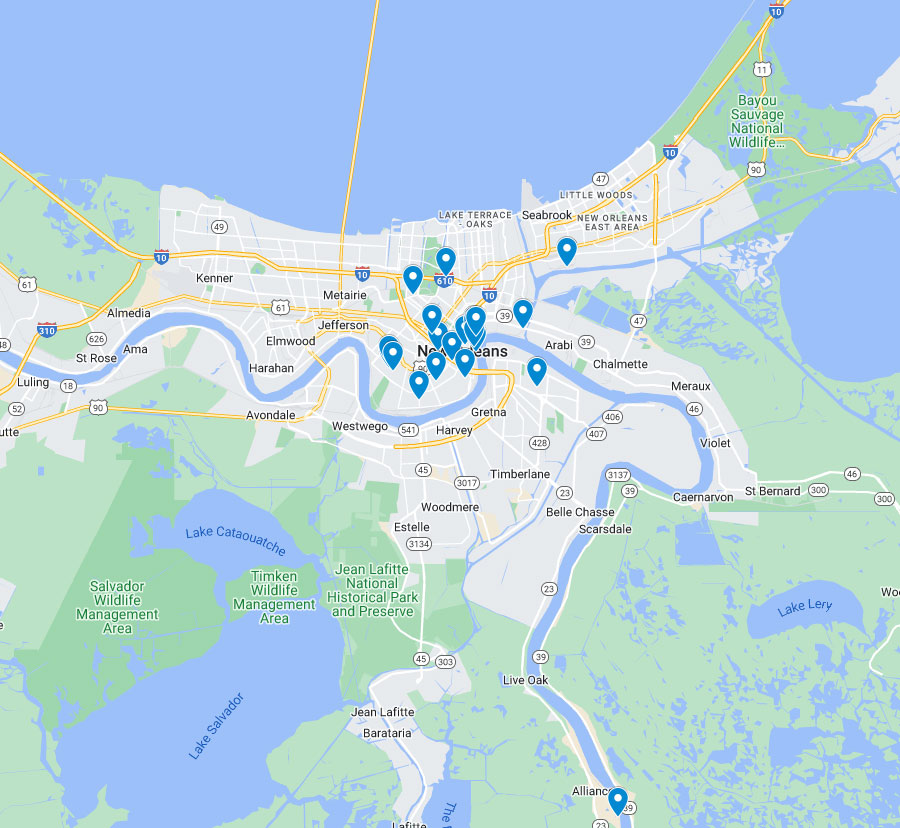
Biography
Dr. Burnette conducts health disparities research related to Indigenous Peoples (e.g. Native American, American Indian, Alaska Native, and/or Native Hawaiian in the U.S.) due to many of the distinct strengths demonstrated by these peoples as well as the high disparities related to violence, mental, and physical health. Since coming to Tulane in 2013, she has published 30 peer-reviewed journal articles, and presented at over 40 national and international conferences on such topics. She is a recipient of the National Institutes of Health (NIH) loan repayment program and is also a NIH BIRCWH Scholar (Building Interdisciplinary Careers in Women's Health). She has worked in collaboration with tribes to develop the ecological “Framework of Historical Oppression, Resilience, and Transcendence”, which identifies and organizes culturally relevant risk and protective factors across community, family, and individual levels to understand how Indigenous peoples demonstrate resilience and transcend oppression and other forms of adversity.
Research
This project was aimed at addressing, the alarming and disproportionately high rate that Indigenous (i.e. Native American or American Indian) women experience Intimate Partner Violence (IPV) and associated mental health disparities (e.g. post-traumatic stress disorder, suicide, depression, anxiety, substance abuse), which have been characterized as a human rights issue and have been a focus of national and international attention. The grant support from the New Orleans Center for the Global South supported the final stages of a research project, involved final data collection and in-depth community engaged follow-up with two Southeastern American Indian Tribes of the Gulf South—the Mississippi Band of Choctaw Indians (MBCI) and the United Houma Nation (UHN), with whom I have worked for approximately 8 years. Using participant observation, individual and family interviews, focus groups, and survey research in a mixed-methods critical ethnography, the Global South Research supported research to:
- Identify and disentangle risk and protective factors related to violence against women and children and mental health disparities experienced by Indigenous populations across multiple levels.
- Develop an organically informed (by the tribe) model of family resilience to reduce violence and associated disparities experienced by Indigenous populations.
The support of the Global South Research Grant funding supported final data collection and follow-up, which is now complete. It went toward travel to the MBCI and the UHN to engage in in-depth follow-up with tribal members to inform a culturally relevant strategy to promote resilience and prevent violence and mental health disparities.


